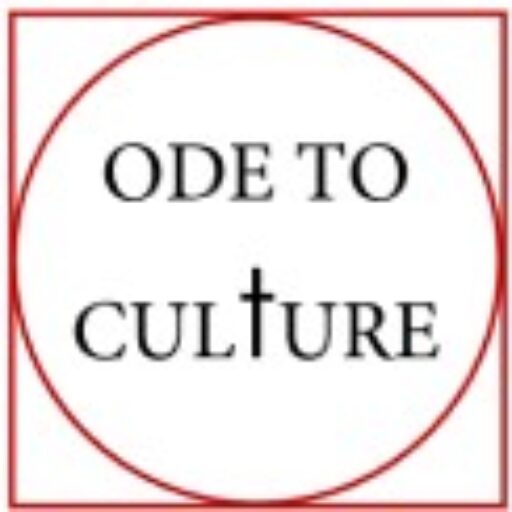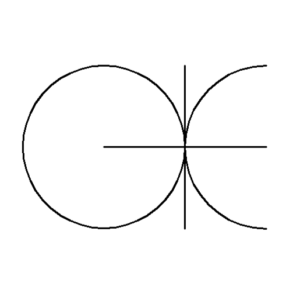Prompt 45: January 1, 2025
The Prompt:
History is everything. Because of that, we have a hard time understanding how to talk about it and teach it. When anyone in America refers to the term history, it is typically burdened with our negative association with the most boring subject in school– with its facts and figures we memorized for the test. We (as a culture) have lost the sense that our own individual stories are wrapped up with the lives and legacies of our families, neighbors, and fellow humans around the world. This is a delicate planet, and there is enough debate about what our history is to destroy the whole thing. The reason this conflict exists is because the past is always up for interpretation; facts are insufficient to share the meaning behind them. What we are left with then is the thread of events that produce the plot of the story derived from history. The plot then is the thing remembered, the thing fought over, and the history the winners get to write. Inevitably, it takes the form of myth.
Myths are necessary to construct a worldview from which we piece together the actual events to cohere to the moral or lesson of the myth. Any event can produce a number of lessons or interpretations of what happened; the accumulation of these interpretations give the myth its legitimate structure. To say that history is told in myths is not to discount the validity of the stories told and passed down, but rather to highlight how a consensus of belief around the narrative arc of a historical event shapes a culture. Politics becomes the debate about what to do with that myth.
- What myths about the past can you recognize in our culture?
- How are our political parties or institutions governed by myth?
- Describe or debate the modern myths, and how they came to be.
- What agendas are hidden in the myths of the past?
- How does mythology differ from experience?
Context:
The Liberal World Order that successfully won the cold war has operated off a very compelling myth that is beginning to unravel. The great myth of the western liberal world order is that history is over; all nations and borders established at the end of the cold war are set and “free market” mercantilism will expand democracy to the ends of the Earth. This myth has justified all NATO actions for the last forty years against countries, factions, and leaders who oppose the values or dictates of that liberal world order.
I say the myth is unravelling because our history no longer lines up with our politics and now, as we await the Trump administration like a bomb squad defusing the Russia-Ukraine war, we hope he can do it; but frankly, there’s a lot of eggs in that basket. Good guys/bad guys, freedom/servitude, democratic/despotic, propaganda/disinformation, free-trade/exploitation: each of these examples are sets of interpretations applicable to any group of historical facts to satisfy the myth. This unravelling has real consequences on how people understand and spend their lives.
The point here is not to debate your political persuasions or even dispute the wisdom of our foreign policy of the last eighty years. This prompt is the first in a series that will help us recognize how myth is used as a tool to sanitize history and simplify our political aims.
I was turned on to this mode of thinking from two recent podcasts that had nothing to do with each other. The first was from Jonathan Pageau briefly describing how our memory of world war 2 is itself a myth, and in typical Pageau fashion, continued to reveal all the elements of the WW2 story that fit into typical myth narration. The second was from a very illuminating whistleblower (Mike Benz) who talks about how our government institutions are used around the world to further U.S. interests. Links below.
We Are Living in the Myth Created by World War 2
Joe Rogan Experience #2237 – Mike Benz

